Federal parties dismiss ‘bogeyman’ privacy concerns baked into affordability bill, as Senators consider major amendments
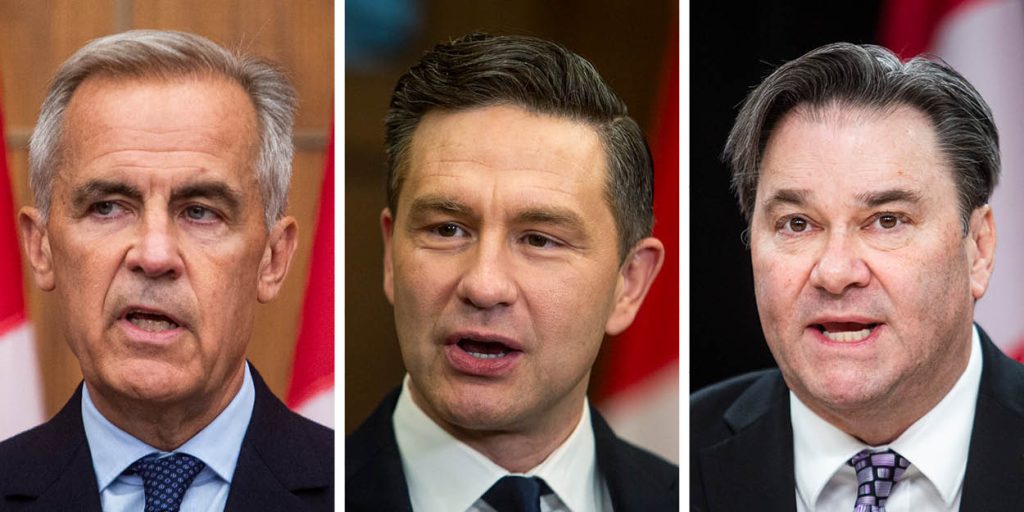
The Liberal, NDP, and Conservative parties say Parliament must assert its jurisdiction over regulating federal parties, as privacy and data advocates urge Senators to pull parts of the ‘privacy-busting bill’ C-4.
App store age verification won’t keep young people safe

Protecting young people from online harms requires smart, targeted legislation that addresses the real risks and holds the right actors accountable.
Budget suggests Carney blinked again in pursuit of digital sovereignty
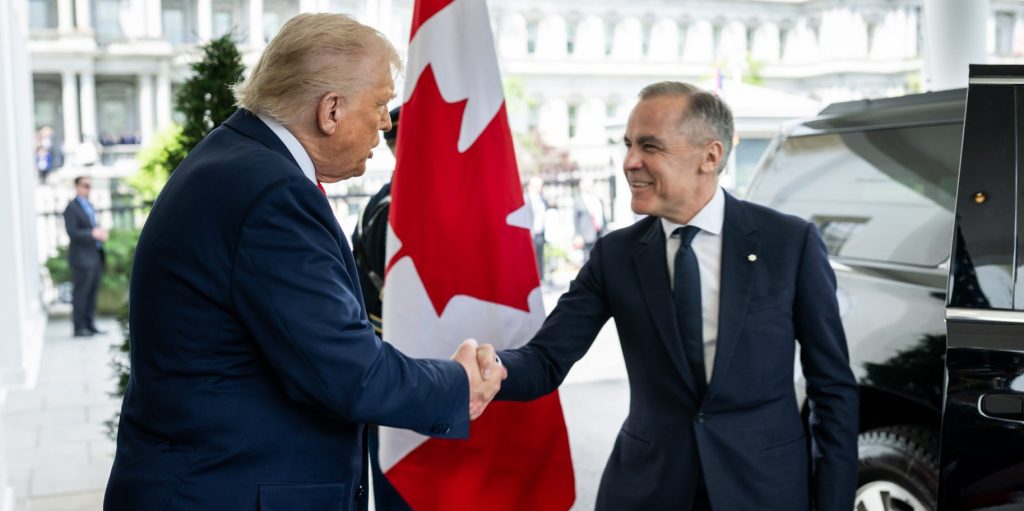
Canada’s digital ecosystem dependency on U.S. tech giants comes with high, largely invisible costs. Despite the urgency and a pledge in September, the government has yet to fund the development of a ‘Canadian sovereign cloud.’
Bill aimed at protecting telecom infrastructure against cyberattacks strikes at privacy rights, say civil society groups
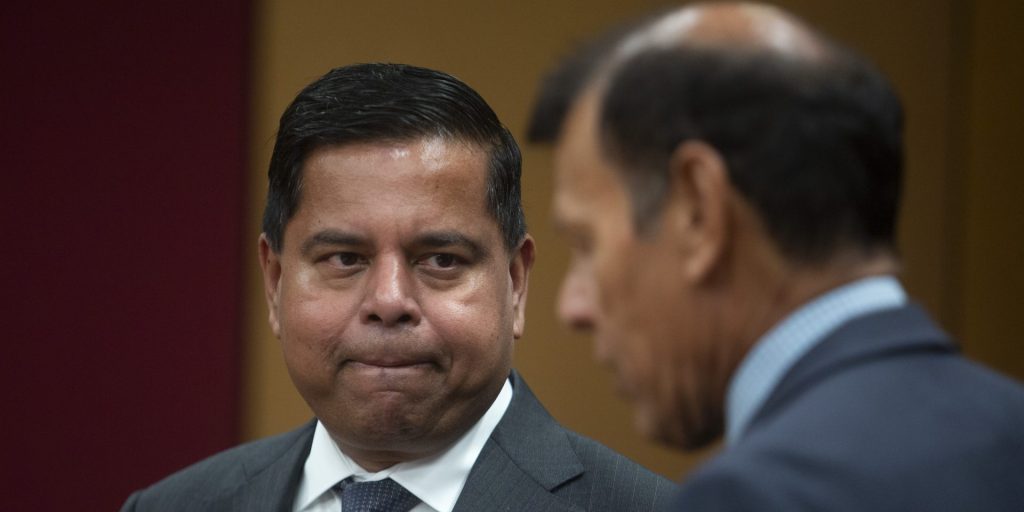
In beefing up cybersecurity, Bill C-8 ‘does not authorize warrantless access to Canadians’ personal data,’ says Public Safety Minister Gary Anandasangaree.
Top bureaucrats say AI is ‘art of the possible’ in the public service

Chief Data Officer Stephen Burt says he recently received a draft of the public service’s first AI registry, representing 400 cases being used across government, from helping Indigenous language preservation to screening air cargo.
Canada remains at the ‘wrong end of the data vacuum,’ says Sen. Colin Deacon as Liberals preview AI, privacy legislation reboot
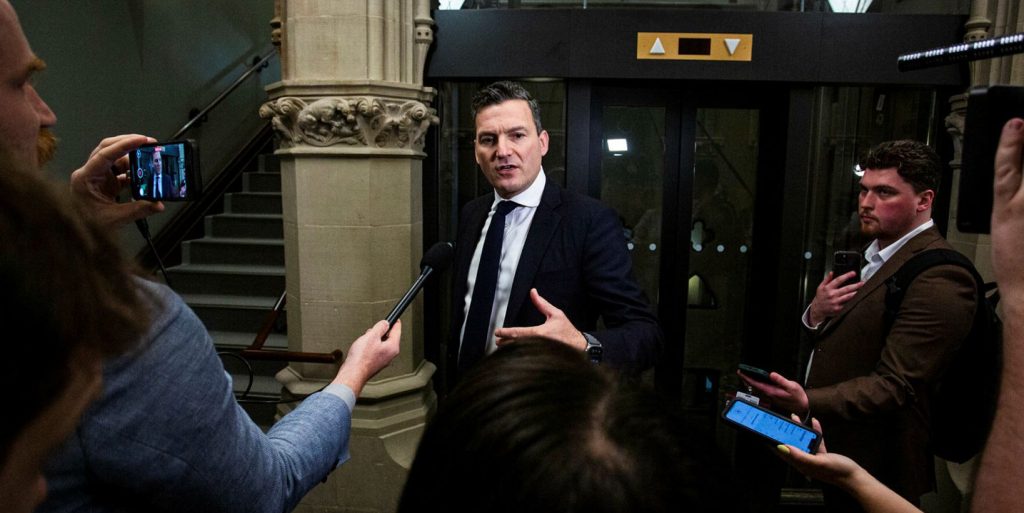
Civil liberties groups are urging the need for greater penalties for corporate non-compliance, and for recognition of the human right to privacy in new legislation.
Government’s border security bill draws heavy criticism from civil rights groups
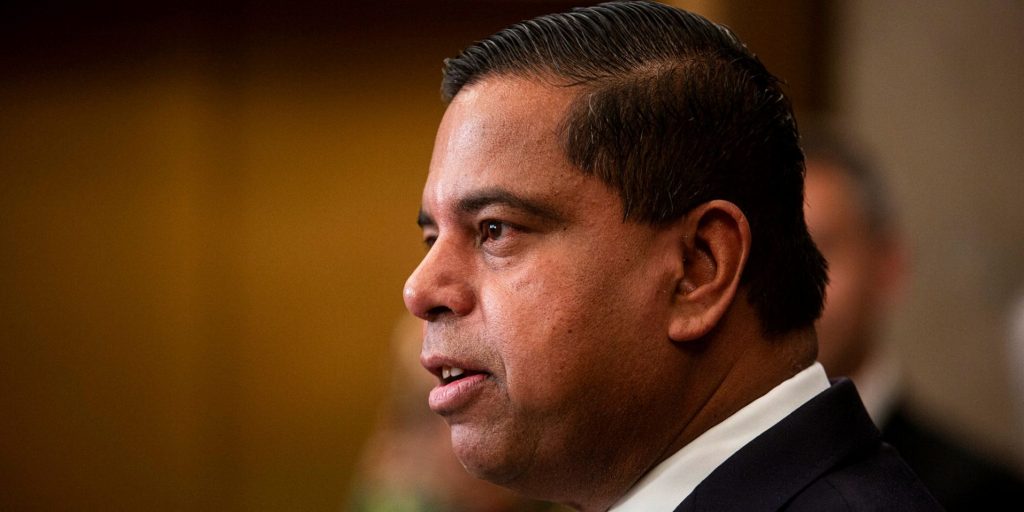
Mark Carney’s Liberal government is ‘showing itself to be the most anti-privacy government in Canada that we’ve seen in decades,’ says UOttawa professor Michael Geist.
Piggybacking changes to privacy laws ‘has nothing to do with affordability,’ say critics of Bill C-4
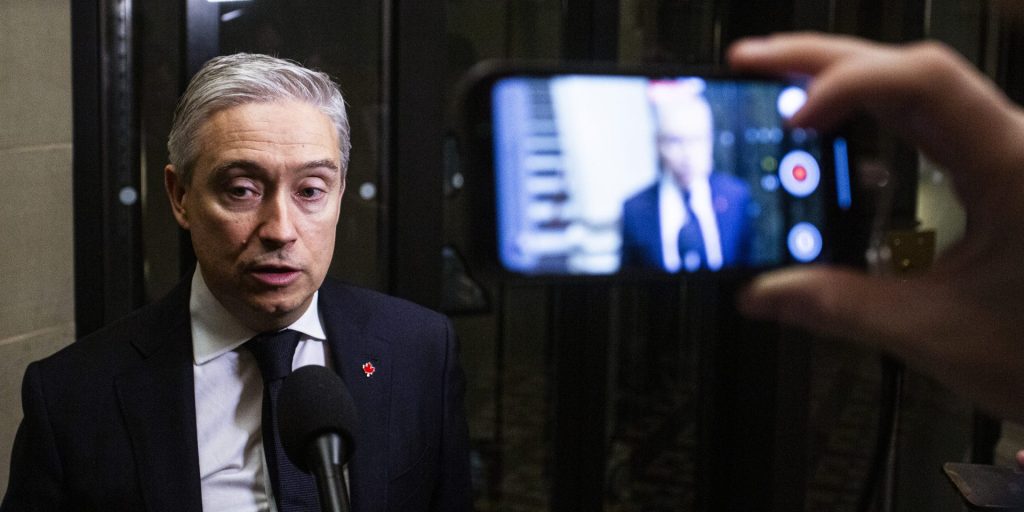
Just because the prime minister is in a hurry doesn’t excuse rushing controversial Elections Act changes on the back of needed affordability measures, says Green Leader Elizabeth May.
Bill C-4, the Trojan horse threat to every Canadian’s privacy
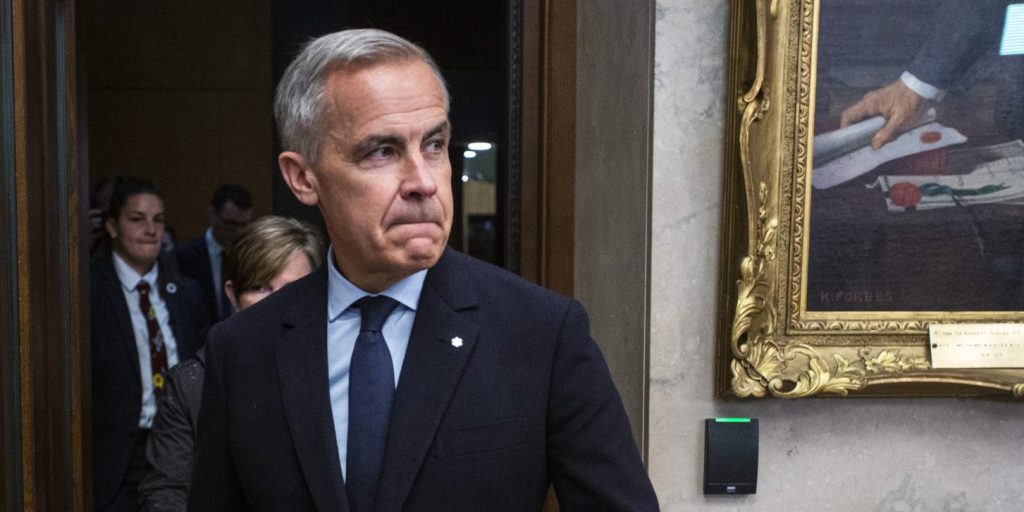
A section in the proposed legislation says that no provincial or territorial privacy law can ever apply to a federal party. It’s a shocking overreach.
Liberals propose fast-tracking motion for major projects bill
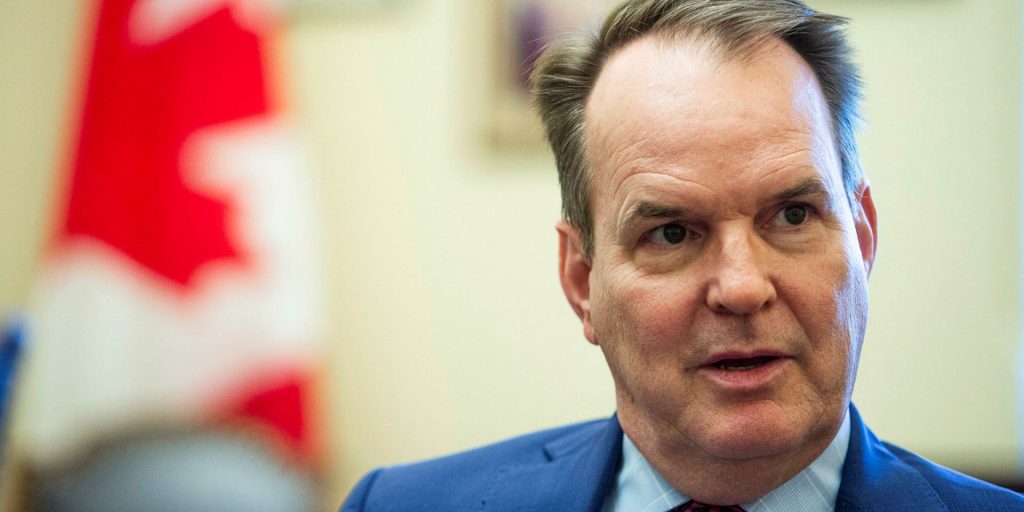
Bill C-5 would come to a final vote on June 20 under the terms of the motion.

